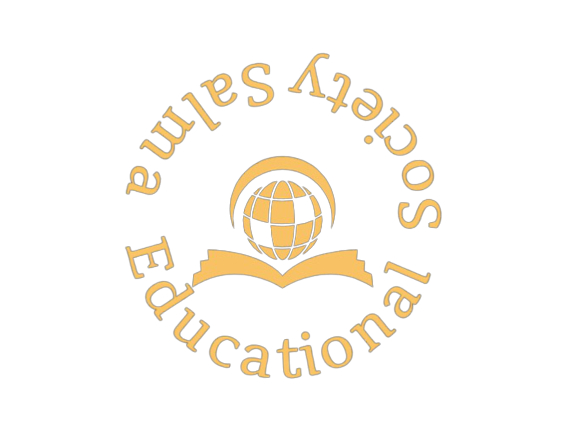Exploring Teacher Attitudes Towards ChatGPT: A comprehensive Review
DOI:
https://doi.org/10.58661/ijsse.v4i1.259Keywords:
ChatGPT, Teacher attitudes, Artificial intelligence, Education, Technology acceptance model, Perceptions, Educational practices, Student engagement, implementationAbstract
This article explores teachers' attitudes towards ChatGPT, a language model created by OpenAI, and its potential implications for education. ChatGPT employs sophisticated machine learning methodologies to produce text replies that simulate human conversations, garnering millions of users in the days following its launch. ChatGPT has several benefits, yet it may encourage academic dishonesty and overuse of chatbots. ChatGPT's human-like answers and academic assignment help raise these concerns. This can boost productivity and help students immediately, but it also increases plagiarism and cheating concerns. Chatbots may also impair student's critical thinking, problem-solving, and autonomous learning. Using ChatGPT as a tool while encouraging academic integrity and self-reliance is vital. Effective implementation tactics, clear instructions, and effective monitoring can minimize these downsides and maximize ChatGPT's benefits in educational contexts. The study utilizes the Technology Acceptance Model (TAM) framework to assess teacher attitudes thoroughly. The framework considers factors such as perceived usefulness, usability, impact on student learning, and concerns about information security and ethical considerations. According to the literature review, teachers acknowledge the capacity of artificial intelligence (AI) tools such as ChatGPT to revolutionize classrooms into social-constructivist learning environments. Even so, there have been expressions of concern regarding time limitations and the necessity for chatbots to encompass subject matters beyond the prescribed curriculum. The student demographic has positively perceived ChatGPT, citing its engaging and beneficial qualities. However, it is also recognized that certain limitations are associated with the platform. The precision of ChatGPT's replies is contingent upon the caliber of the training data, and discrepancies and imprecisions have been detected. However, ChatGPT exhibits the potential to enhance student efficiency and address standardized test inquiries.
The review article's findings contribute to the existing body of knowledge by offering insights into teachers' attitudes toward ChatGPT. The research underscores the necessity for enhanced faculty training and consciousness to tackle issues related to academic misconduct. Additionally, it provides suggestions for the successful integration of artificial intelligence tools in educational environments, taking into account teachers' viewpoints. By comprehending teachers' perspectives towards ChatGPT, policymakers can formulate guidelines that promote the integration of AI tools in educational settings while also considering teachers' apprehensions. Furthermore, teachers can use discoveries to improve their instructional methodologies and encourage analytical thinking and creativity in student assignments.









